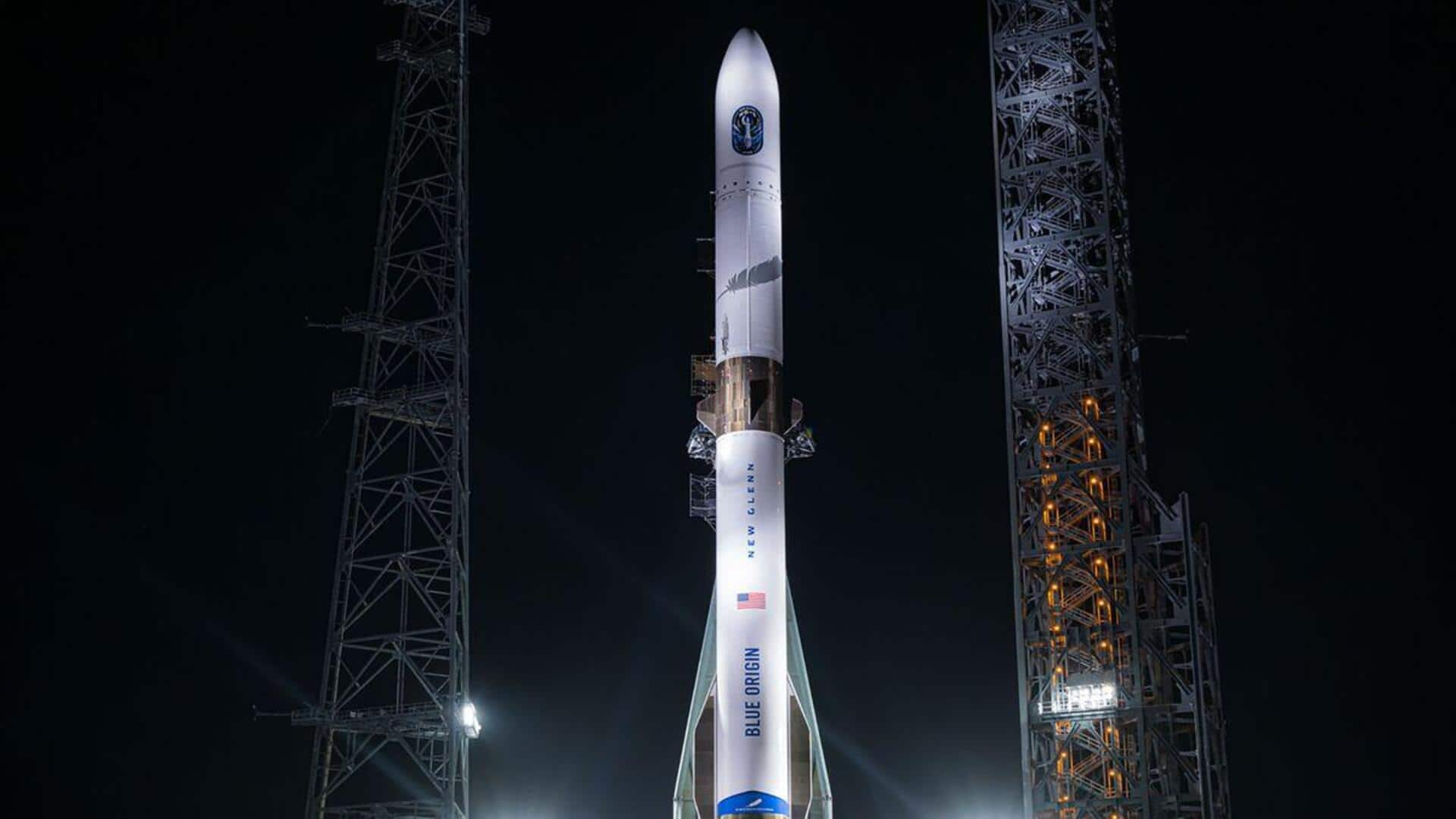
Blue Origin delays New Glenn rocket launch: Here's why
What's the story
Blue Origin, Jeff Bezos's aerospace company, has postponed the first-ever launch of its orbital rocket, New Glenn. The mission, dubbed NG-1, had to be performed from Cape Canaveral Space Force Station, but was delayed due to a subsystem issue. "We're standing down on today's launch attempt to troubleshoot a vehicle subsystem issue that will take us beyond our launch window," Blue Origin said in its post on X. The company is now reviewing opportunities for the next launch attempt.
Twitter Post
Take a look at Blue Origin's post
We’re standing down on today’s launch attempt to troubleshoot a vehicle subsystem issue that will take us beyond our launch window. We’re reviewing opportunities for our next launch attempt.
— Blue Origin (@blueorigin) January 13, 2025
Information
Previous issues with the launch
The launch of New Glenn, a rocket that stands at an impressive 320 feet and is named after astronaut John Glenn, was previously delayed due to unfavorable weather conditions in the Atlantic Ocean which posed a major risk to the rocket booster landing operation.
Details
About New Glenn
Blue Origin's New Glenn rocket boasts a two-stage design. The first stage, known as GS1, is propelled by a cluster of seven BE-4 engines. These engines are touted as the most powerful LNG-fueled engines ever developed. Each BE-4 engine generates an impressive thrust of approximately 550,000 pounds. The second stage, designated as GS2, relies on a pair of BE-3U engines for propulsion. These engines employ a combination of liquid oxygen and liquid hydrogen as propellants.
Mission goals
Mission objectives and competition with SpaceX
The key goals of the NG-1 mission are to achieve orbit and land the rocket's first-stage booster on a drone ship, Jacklyn, located 1,000km away in the Atlantic Ocean. This will mark Blue Origin's first attempt at such a landing as opposed to SpaceX which has already made several successful attempts at such landings. The upper stage of New Glenn will carry a Defense Department-funded prototype spacecraft, Blue Ring, on a six-hour orbital test flight.
Rocket specs
Capabilities and future prospects
New Glenn, bigger than SpaceX's Falcon 9, is built to deliver more than 45 metric tons to low Earth orbit (LEO) and 13 to geostationary transfer orbit (GTO). The launch will mark its first Space Force national security certification flight, which is a requirement to compete with SpaceX for Department of Defense and national intelligence contracts. Blue Origin has already won NASA contracts for Mars missions and deploying Amazon's Project Kuiper satellite constellation which wil take on the Starlink megaconstellation.